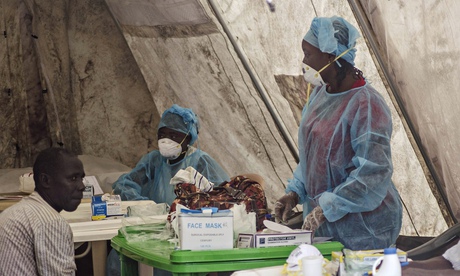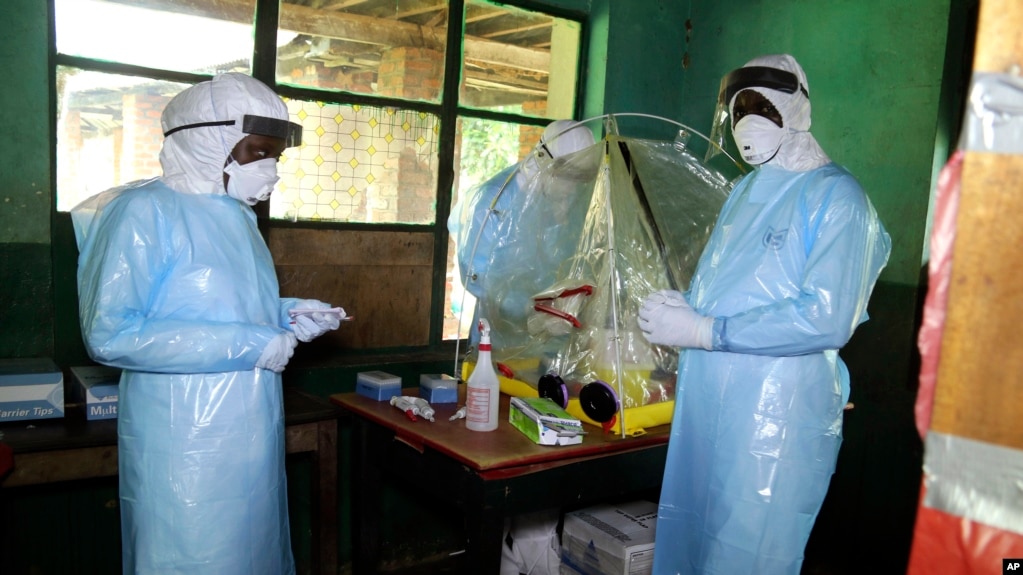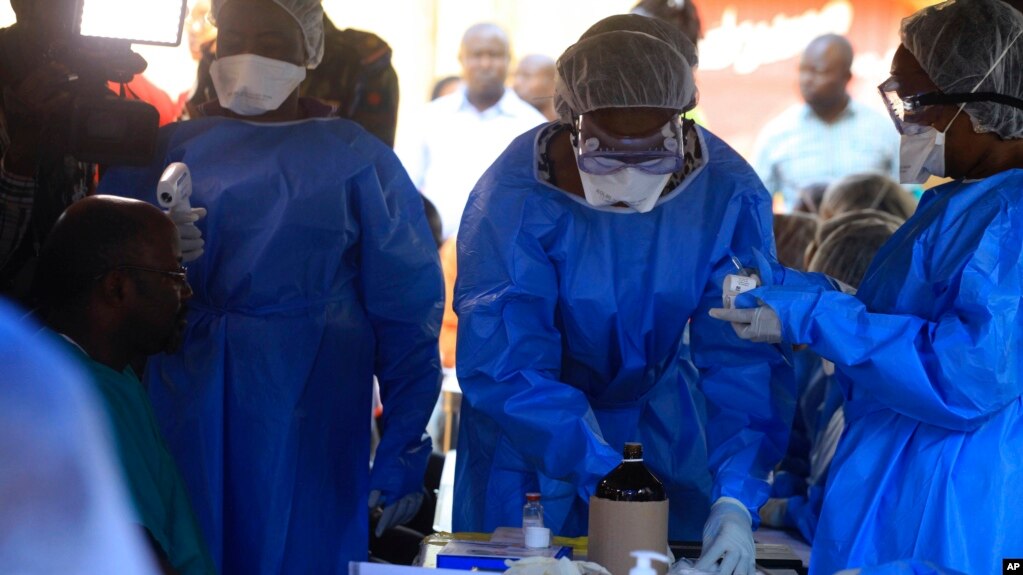Manonthestreet
Diamond Member
- May 20, 2014
- 34,725
- 22,999
- 1,945
The Ebola virus outbreak that began this spring in Guinea, West Africa, is refusing to fade out. Cases have spread into other countries in West Africa, including Liberia and Sierra Leone, and the current case count is staggering. With about 560 suspected cases (70 percent confirmed) and a death rate of more than 65 percent, its the largest and most lethal Ebola virus outbreak on record. The Ebola Outbreak in West Africa Is Just Getting Worse - The Daily Beast








